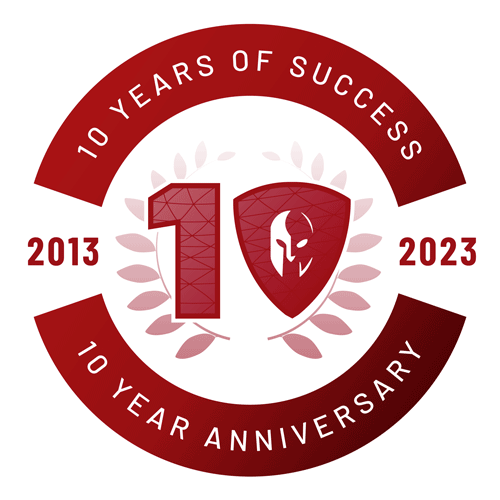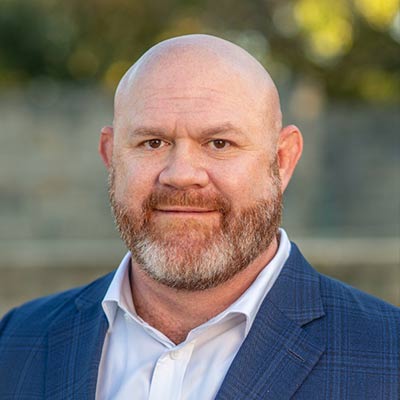Introduction
In today’s digital landscape, no organization is entirely immune to security breaches. Despite best efforts and state-of-the-art defenses, breaches can and do occur. When they do, the immediate focus often shifts to containment and mitigation. However, one crucial aspect that sometimes gets overlooked in the chaos is the importance of ongoing traffic monitoring, particularly through a Security Operations Center (SOC). Here’s why this is an indispensable component of your post-breach strategy.
Understanding the SOC
A Security Operations Center (SOC) is a centralized unit that deals with security issues on an organizational and technical level. The SOC team comprises security analysts and engineers who monitor and analyze an organization’s security posture on an ongoing basis. They detect, analyze, respond to, report on, and prevent cybersecurity incidents. The SOC is essential for maintaining and improving an organization’s security, especially after a breach.
Post-Breach Realities
1. Persistence of Threats:
After an initial breach, it is a common tactic for attackers to leave behind malware or backdoors to facilitate future access. Without continuous monitoring, these lingering threats can go undetected, leading to repeated compromises. A SOC can continuously monitor network traffic to detect any signs of these persistent threats.
2. Detecting Secondary Attacks:
Breaches often occur in stages. Initial access can be a precursor to more significant attacks, such as data exfiltration, ransomware deployment, or further network penetration. A SOC’s proactive monitoring can identify these subsequent activities, potentially preventing further damage.
3. Understanding the Attack Vector:
Comprehensive traffic monitoring helps to understand how the attackers gained access in the first place. This insight is crucial for closing security gaps and preventing future breaches. SOC analysts can reconstruct the attack timeline, identify compromised systems, and understand the attackers’ techniques.
4. Incident Response and Forensics:
In the aftermath of a breach, it’s crucial to gather detailed information about the attack. SOCs play a pivotal role in incident response and digital forensics. By continuously monitoring network traffic, they can provide vital data needed for forensic analysis, helping to build a clear picture of the attack and support any legal or compliance requirements.
5. Compliance and Reporting:
Many industries are governed by strict data protection regulations that mandate robust incident response and reporting protocols. A SOC helps ensure compliance by providing detailed logs and reports on network activities and security incidents. This documentation is essential for regulatory audits and demonstrating that appropriate measures are in place to safeguard sensitive information.
The Role of Advanced Monitoring Techniques
1. Threat Intelligence Integration:
A SOC integrates threat intelligence to stay ahead of emerging threats. By correlating network traffic with global threat data, SOC analysts can detect and respond to new threats more swiftly and accurately.
2. Behavioral Analysis:
Modern SOCs employ behavioral analysis to detect anomalies in network traffic. By establishing a baseline of normal activity, they can identify deviations that may indicate malicious behavior. This proactive approach is critical for detecting sophisticated threats that bypass traditional security measures.
3. Automated Incident Response:
Automation within the SOC allows for rapid response to detected threats. Automated playbooks and workflows ensure that common incidents are handled swiftly, freeing up analysts to focus on more complex threats. This speed is vital in minimizing the damage and impact of a breach.
Building a Resilient Security Posture
Investing in a SOC and emphasizing traffic monitoring post-breach is not just about responding to incidents; it’s about building a resilient security posture. Here’s how continuous monitoring contributes to long-term security:
1. Continuous Improvement:
Regular monitoring and analysis help identify weaknesses and improve security measures over time. The SOC can provide insights into recurring issues and recommend strategic changes to enhance overall security.
2. Proactive Threat Hunting:
Beyond reactive measures, SOCs engage in proactive threat hunting. This involves actively searching for signs of compromise before they become full-blown incidents. By staying ahead of potential threats, organizations can reduce their risk exposure.
3. Enhanced Visibility:
A SOC provides enhanced visibility into network activities, making it easier to spot and address potential security issues. This visibility is crucial for maintaining control over the IT environment and ensuring that security policies are effectively enforced.
Conclusion
In the wake of a security breach, the importance of monitoring your network traffic with a SOC cannot be overstated. Continuous monitoring helps detect persistent threats, understand attack vectors, comply with regulations, and build a stronger security posture. By leveraging advanced monitoring techniques and integrating threat intelligence, a SOC provides the necessary vigilance to safeguard your organization against future breaches. Investing in a SOC is an investment in the ongoing security and resilience of your business.
Monitoring your network traffic with a SOC after a security breach is not just a best practice; it is an essential strategy to protect your organization from further damage and build a robust defense against future attacks. Stay vigilant, stay protected.
Feel free to share this article on LinkedIn to help your connections understand the critical role of SOCs in cybersecurity post-breach. If you have any questions or need assistance in setting up a SOC for your organization, don’t hesitate to reach out.
Your security is our priority.
Get in touch with us
Secutor Cybersecurity is a trusted partner comprised of industry leading experts in the fields of Cybersecurity and Governance, Risk and Compliance. We partner with our clients to deliver on-demand solutions tailored to expertly navigate the regulatory demands of their specific industries.
Our proven track record of successfully exceeding client expectations is achieved through the combination of our methodical approach, advanced technologies, subject matter experts, and synergy with client team members.
Secutor is your team of world-class problem solvers with vast expertise and experience delivering complete solutions keeping your organization protected, audit-ready, and running smoothly.







